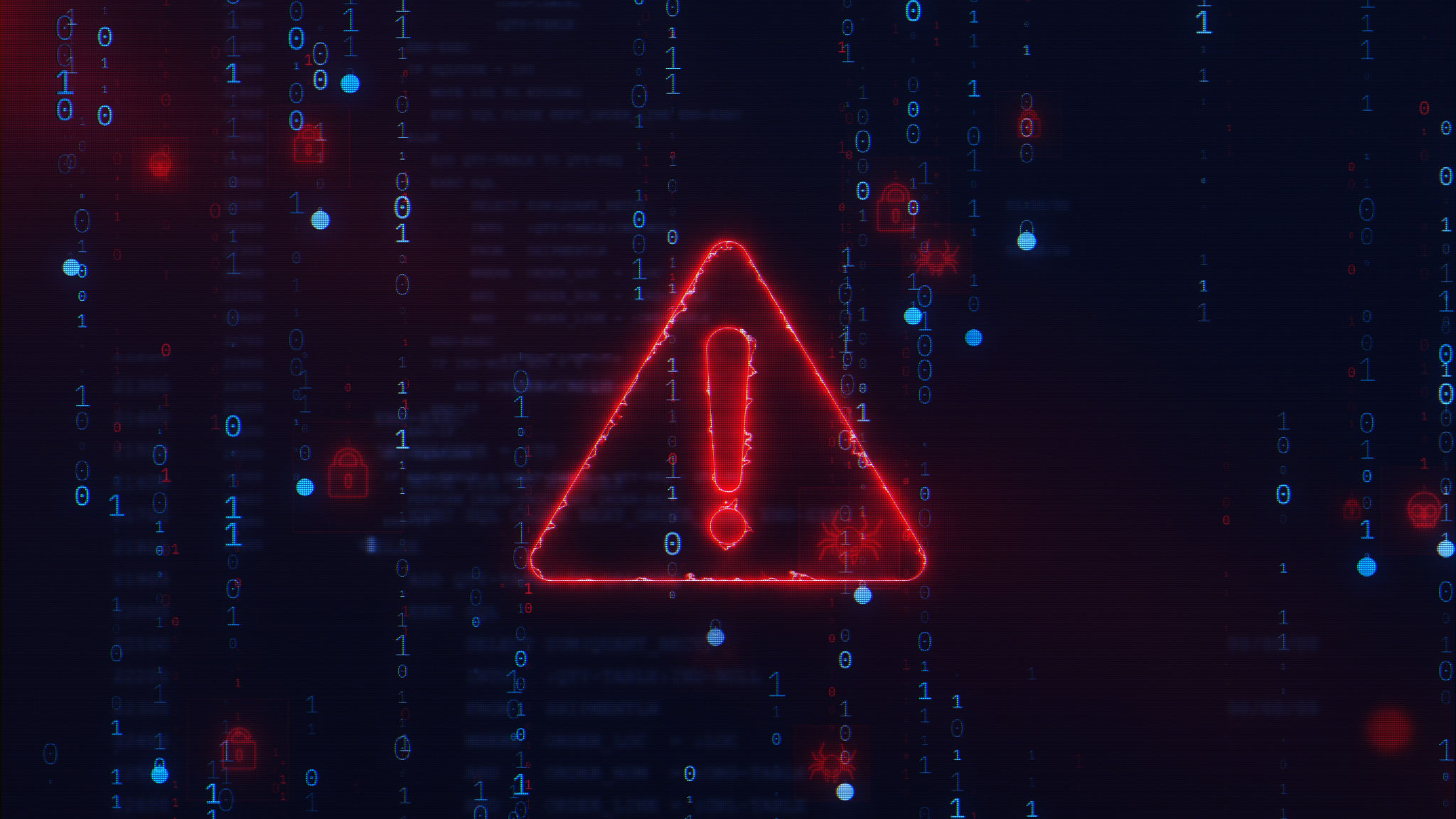The Importance of Information Security Education in the Digital Age
Understanding the Growing Threat Landscape
In today's digital age, the importance of information security education cannot be overstated. As technology evolves, so do the tactics and techniques of cybercriminals. The increasing number of data breaches and cyber-attacks highlights a pressing need for individuals and organizations to be well-versed in information security. Understanding the threat landscape is the first step towards building a robust defense against these digital threats.
Cyber threats are not only becoming more frequent but also more sophisticated. From phishing scams to ransomware, the variety of attacks is vast, making it crucial for everyone from IT professionals to everyday users to stay informed and vigilant. This awareness can be cultivated through comprehensive information security education, empowering individuals to protect themselves and their organizations.

Why Information Security Education is Essential
Information security education equips individuals with the knowledge and skills necessary to identify and mitigate potential threats. This education extends beyond technical skills, encompassing an understanding of the ethical and legal implications of data protection. In an era where personal and professional data is constantly at risk, having a well-informed workforce is a critical line of defense.
Moreover, organizations with a culture of continuous learning and improvement in information security can significantly reduce their risk of data breaches. By investing in regular training and awareness programs, companies can ensure that their employees are capable of recognizing potential threats and responding appropriately.

The Role of Information Security in Business Continuity
For businesses, information security education is not just about protecting data—it's about ensuring business continuity. A single data breach can have devastating consequences, including financial losses, reputational damage, and legal repercussions. Educating employees about best practices in cybersecurity helps safeguard critical business operations.
Businesses must also comply with various regulations and standards related to data protection. Information security education plays a vital role in helping organizations understand and adhere to these requirements, thereby avoiding costly fines and penalties.
Empowering the Next Generation
As digital natives, the younger generation is inherently more connected and tech-savvy. However, this does not automatically translate into an understanding of information security. Educational institutions play a vital role in integrating cybersecurity concepts into their curriculum, preparing students for the challenges of the digital world.
By fostering an early appreciation for information security, schools can cultivate a generation that values privacy and understands the importance of protecting personal information online. This proactive approach ensures that future professionals are better equipped to handle the cybersecurity challenges they will inevitably face.

Implementing Effective Information Security Training Programs
For training programs to be effective, they must be engaging, relevant, and regularly updated. Organizations should aim to create a dynamic learning environment that encourages participation and feedback. This can be achieved through interactive workshops, simulated phishing exercises, and real-life case studies that highlight the consequences of poor cybersecurity practices.
Additionally, leveraging technology such as e-learning platforms can make information security education more accessible and flexible, allowing employees to learn at their own pace. Regular assessments and certifications can further reinforce learning and ensure that employees remain informed about the latest threats and protection strategies.
The Future of Information Security Education
As technology continues to advance, so too will the need for robust information security education. Emerging technologies such as artificial intelligence and the Internet of Things (IoT) introduce new vulnerabilities that require specialized knowledge and skills. Staying ahead of these trends is essential for both individuals and organizations.
Ultimately, fostering a culture of security awareness and continuous learning will be key to navigating the evolving digital landscape. By prioritizing information security education today, we can build a safer, more secure tomorrow.

